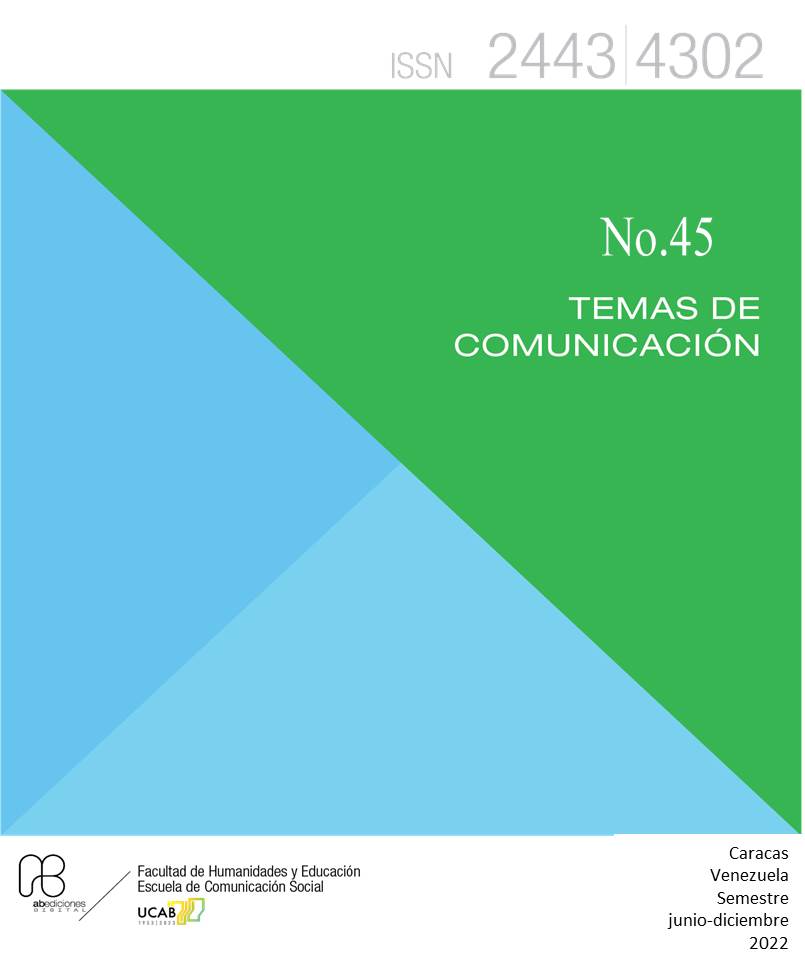Ethic on Television
DOI:
https://doi.org/10.62876/tc.vi45.5893Keywords:
ethics, manipulation, technological advances, media, television, audience, entertainment, advertisingAbstract
This research develops the importance of globalization, due to technological advances at the level of communications. Among the media, the most widespread is television; it fulfills the function of company lady for many people, from the earliest age. Television, as a means of mass communication, has important functions that it must fulfill for its audience. Its competence is to inform, educate and entertain, surely these are the verbs that are present in its mission, but is this really its competence that it fulfills in society? The small screen, as this medium is known, often sacrifices its mission to become a mere instrument of entertainment, transmitting a lacking and decadent programming to the greatest possible number of viewers, in order to make it a lucrative business. Television makers are aware of this weakness, but at the time they intend to broadcast programming that collaborates with the cultural growth of the audience, the big question is what will happen to advertising? And what will happen to audience levels? It seems that we are facing a vicious circle that no one wants to understand.
Downloads
References
AIMC. Asociación para la Investigación de Medios de Comunicación. (2018). Madrid, España. (www.aimc.es) Arendt, H. (2016). Entre el pasado y el futuro. La crisis de la educación. Ediciones Península. Barcelona, España. Blanco, Desiderio (1988). "Nuevas tecnologías y lenguajes en la comunicación". En: Contratexto, Lima, No 3, julio de 1988, pp. 73-92. BOURDIEU, P. (2004). O poder simbólico. Rio de Janeiro, Bertrand Brasil, 311p. Brown, Marvin. (1992) La ética en la empresa. Editorial Paidós. Barcelona. España. 1992. Cebrián Herreros, M. (1994). Introducción al lenguaje de la televisión. Ediciones Pirámide. Madrid. España. ECO, U. (1990). Apocalípticos e Integrados. Barcelona. España. Ediciones Lumen. Frances, Antonio. (1992). La corporación en cuatro dimensiones. Ediciones I.E.S.A. Caracas. Venezuela. Gubern, R. (2000). El eros electrónico. Madrid. España. Ediciones Taurus. Hernández, F. (2000): Educación y Cultura Visual. Barcelona, Octaedro.
Downloads
Published
How to Cite
Issue
Section
License
Copyright (c) 2022 Temas de Comunicación

This work is licensed under a Creative Commons Attribution-NonCommercial-ShareAlike 4.0 International License.


